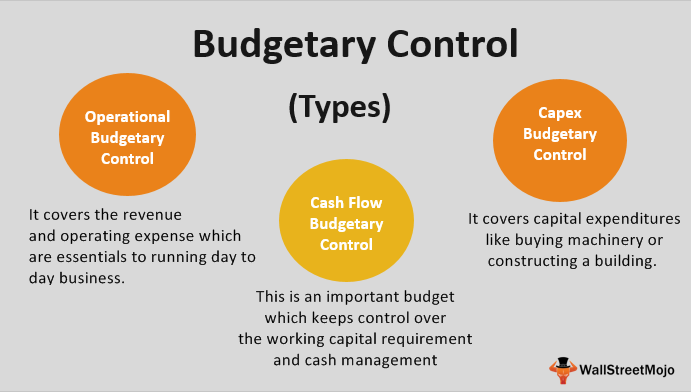What is budgetary control?
Budgetary
control is the
process by which budgets are prepared for the future period and are compared
with the actual performance for finding out variances, if any. The comparison
of budgeted figures with actual figures will help the management to find out
variances and take corrective actions without any delay.
Objectives of Budgetary Control
The main
objectives of budgetary control are given below:
1. Defining the
objectives of the enterprise.
2. Providing plans
for achieving the objectives so defined.
3. Coordinating
the activities of various departments.
4. Operating
various departments and cost centres economically and efficiently.
5. Increasing
profitability by eliminating waste.
6. Centralizing
the control system.
7. Correcting
variances from sit standards.
8. Fixing the
responsibility of various individuals in the enterprise.
Advantages of Budgetary Control
Budgetary control
has become an important tool of an organization to control costs and to
maximize profits. Some of the advantages of budgetary control are:
1. It defines the
goals, plans and policies of the enterprise. If there is no definite aim then
the efforts will be wasted in achieving some other aims.
2. Budgetary
control fixes targets. Each and every department is forced to work efficiently
to reach the target. Thus, it is an effective method of controlling the
activities of various departments of a business unit.
3. It secures
better co-ordination among various departments.
4. In case the
performance is below expectation, budgetary control helps the
management in finding up the responsibility.
5. It helps in
reducing the cost of production by eliminating the wasteful expenditure.
6. By promoting
cost consciousness among the employees, budgetary control brings in
efficiency and economy.
7. Budgetary
control facilitates centralized control with decentralized activity.
8. As everything
is planned and provided in advance, it helps in the smooth running of business
enterprise.
9. It tells the
management as to where the action is required for solving problems without delay.
Disadvantages or Limitations of Budgetary Control
The following are
the limitations of budgetary control:
1. It is really
difficult to prepare the budgets accurately under inflationary conditions.
2. Budget involves
a heavy expenditure which small business concerns cannot afford.
3. Budgets are
prepared for the future period which is always uncertain. In future, conditions
may change which will upset the budgets. Thus, future uncertainties minimize
the utility of a budgetary control system.
4. Budgetary
control is only a management tool. It cannot replace management in
decision-making because it is not a substitute for management.
5. The success of
budgetary control depends upon the support of the top management. If there is
lack of support from top management, then this will fail.

Comments
Post a Comment